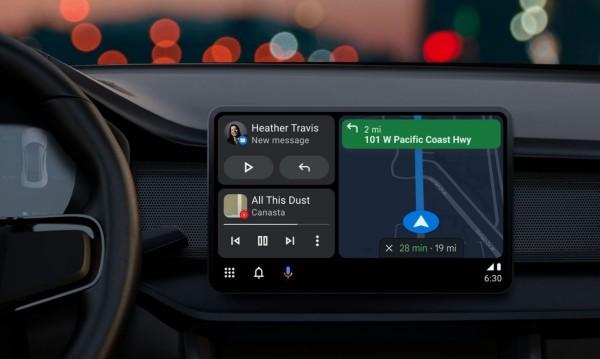Android Auto requires a constant connection between your car’s compatible infotainment system and your Android phone. The computing is done on your handset, which projects various apps and content on your car’s screen, making it easier to interact with your favourite software while driving using a dedicated, driver-friendly interface.
For decades, we were accustomed to using a different interface for each car manufacturer we encountered. But in the mid-2010s, things changed as big brands brought their platforms to vehicles. Google was no exception. Android Auto lets you use any Android phone, including budget smartphones, to run a modern and user-friendly interface on almost any car’s infotainment system.
Android Auto is different from Android Automotive, which is an open source, full-featured operating system that powers some cars’ infotainment systems, like in the Polestar 2. In contrast, Android Auto requires a paired Android device connected to a compatible infotainment system to work, similar to other systems like Apple CarPlay.
All you usually need is a USB cable, if your car does not support Bluetooth for Android Auto. My Hyundai, for example, has both Android Auto and Apple CarPlay built in.
See https://www.androidpolice.com/what-is-android-auto-explainer/

